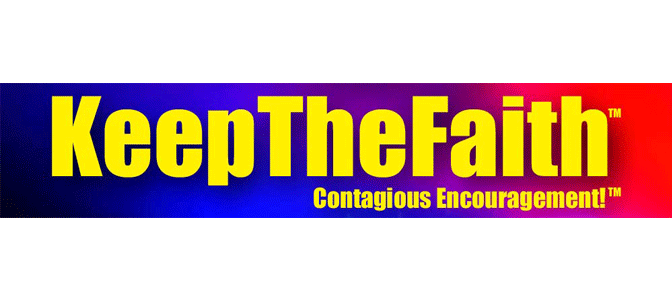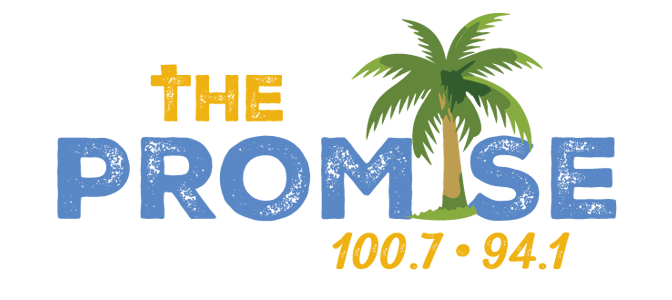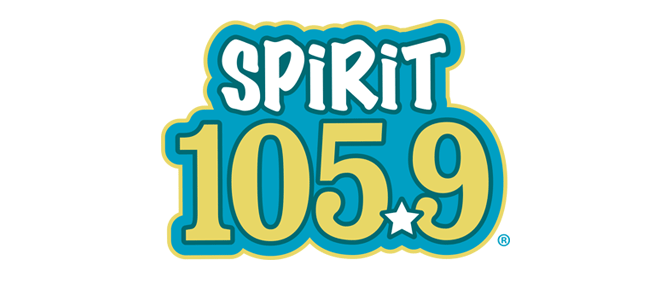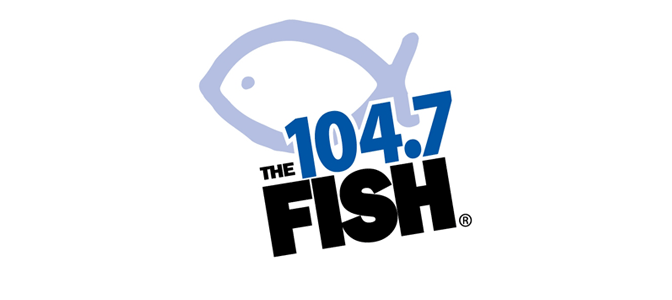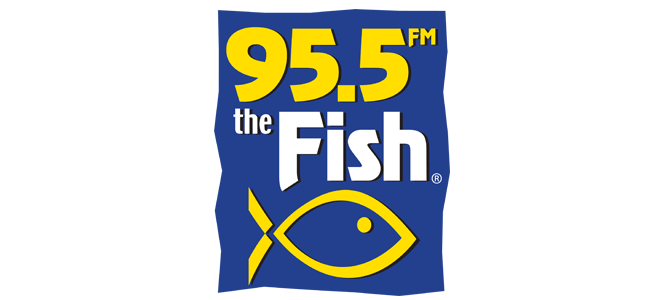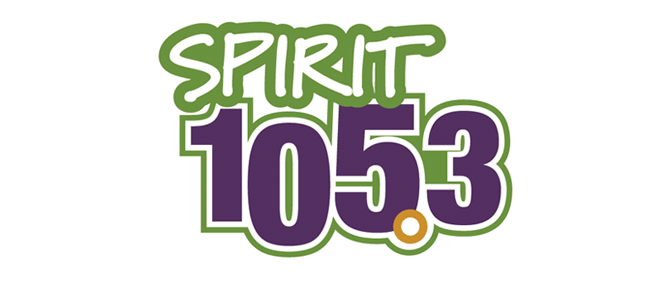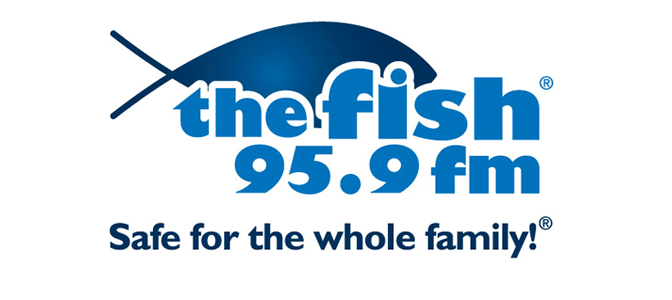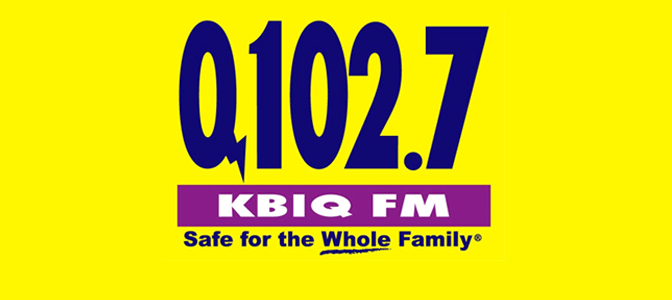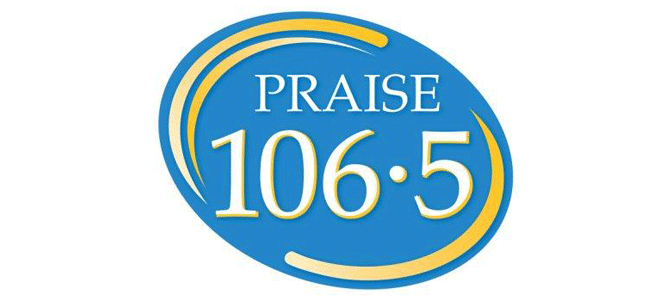…to make a first impression,” so goes the famous quote from Will Rogers.
When we radio folk talk about increasing the station’s listenership, or ‘building cume’ in PPM lingo, we’re really talking about making good first impressions.
“So how important are first impressions? Well it determines if you get the second interview for your dream job or acceptance in the college or university of your choice. A good first impression can mean a second date and who know what happens after that. Making a good first impression gets you a meeting with the senior partners in the private equity firm evaluating your business proposal. No doubt first impressions matter.”
~John Maxwell
There is an Outback Steakhouse near our place already adorned with custom signage with brand logo. And it’s still under construction. Their first impression is “coming soon,” signaling the arrival to your neighbor that their distinctive Bloomin’ Onion and Aussie Cheese Fries are only weeks away. Folks will be waiting in line at their grand opening. You can bank on it.

All too common in our format first impressions are unfamiliar music, unwelcoming voices, and conversations that make people feel like outsiders.
So it bears the question… which gives a better first impression; your radio station or this restaurant? And Outback isn’t even open yet.

